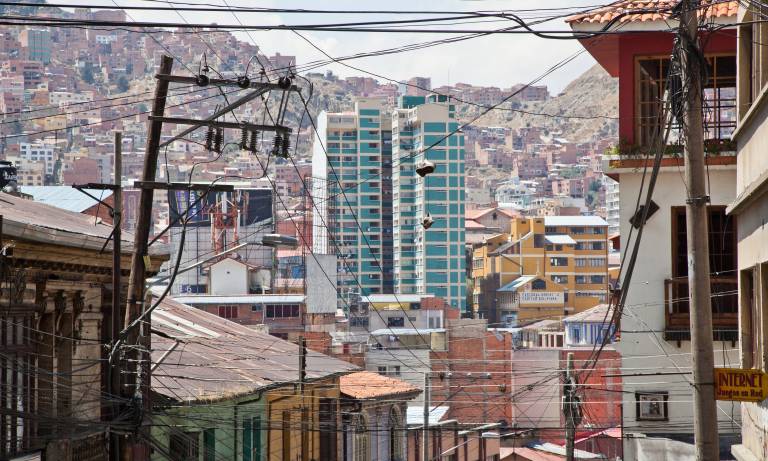Rapid urbanisation is placing cities of the global South at the core of the developmental agenda for the 21st century.

These differentiated processes stem from, and compound, broader structural developments, including: cities' economic restructuring in the face of globalization pressures; pressing global environmental crises; restructuring states and governance relations under the pervasive influence of neo-liberal discourses and practices. These developments interact with local histories, cultures and social relations to produce highly differentiated, locally-specific patterns of urban development, urban health, urban transport, and change in a global context shaped by migration.
In this context, what can design and planning contribute to collective initiatives that seek to bring about social and spatial justice in cities of the global South? The overall project of this cluster is to tease out these multiplex urban transformation processes and to explicitly increase the room for manoeuvre for a variety of city actors to harness key levers of transformative change. The cluster focuses on the following arenas:
- 1. Interrogating the productions of the 'urban': How do we understand multiple forms of urban life?
How do we understand multiple forms of urban life?
Key research questions include:- How does urbanisation transform social life?
- How do women and men, girls and boys move in and out of poverty in cities?
- How do different forms of economic organisation in the city (re)produce (in)justice?
- How is informality shaped, reproduced and exploited in the city?
- How is the increasing marketisation in the production of (public and private) space impacting on the city? What is the potential for and of public space in the city?
- How are the increasing demands for connectivity and mobility shaping ‘the urban’?
- 2. Democratic and just urban politics: What type of urban political strategies and configurations can lead to the production of just cities?
What type of urban political strategies and configurations can lead to the production of just cities?
This question focuses on the varied political processes that contribute to urban transformation. It looks at social mobilization, resistance and collective action of oppressed groups demanding justice but also explores the roles of the state and private sector in reproducing justice and injustice in cities and urban(ising) areas. It engages with questions of urban democracy, citizenship, and governance.
What is the transformative potential of social mobilisation and contentious politics about and in the city?
Key research questions include:
- How do different forms of political organisation in the city (re)produce (in)justice?
Is ‘urban governance’ a co-opted framework? What are the key arenas of governance in the production of the just city?
- 3. Design and planning for the just city: How to advance progressive urban planning and design practices across contexts?
Continues DPU’s critique of traditional design and planning. It does so by confronting current practices with different conceptions of the just city and grounding them in a deeper understanding of the formal/informal continuum. Exploring implications for practice, this sub-cluster proposes alternative design and planning methodologies to address transformative change in cities of the global South.
More information
To find out more about this cluster, please contact Barbara Lipietz
 Close
Close

